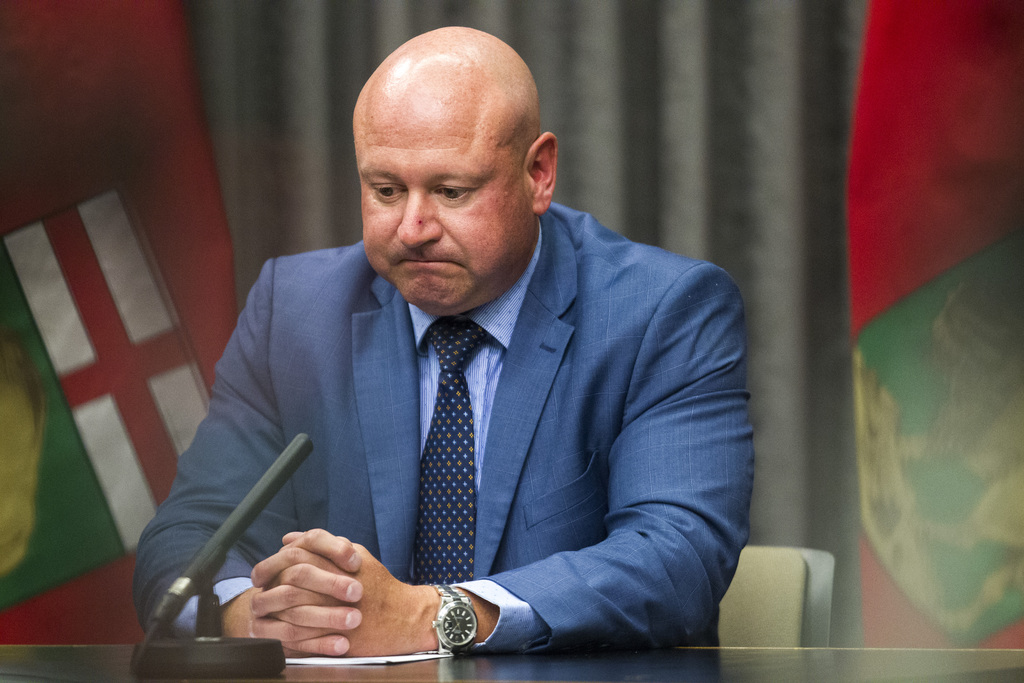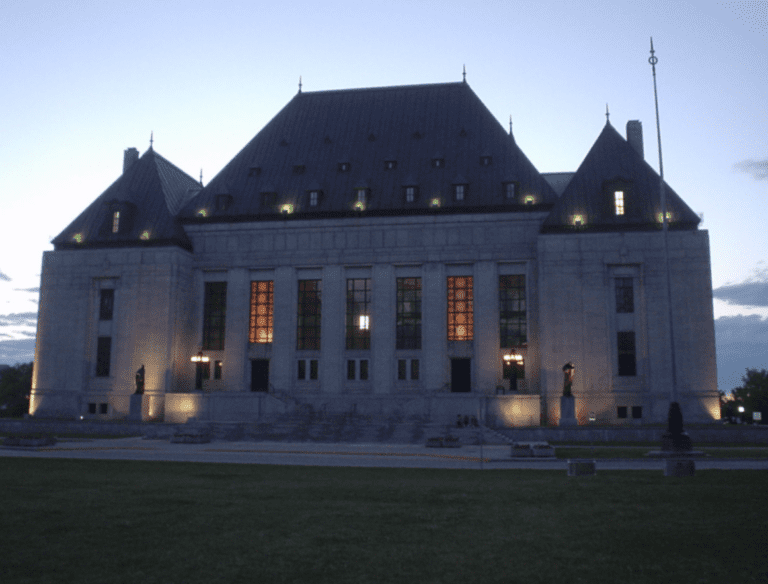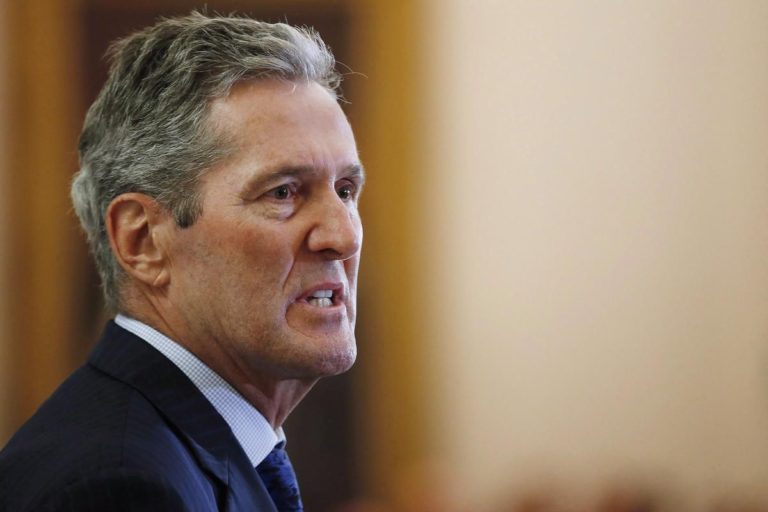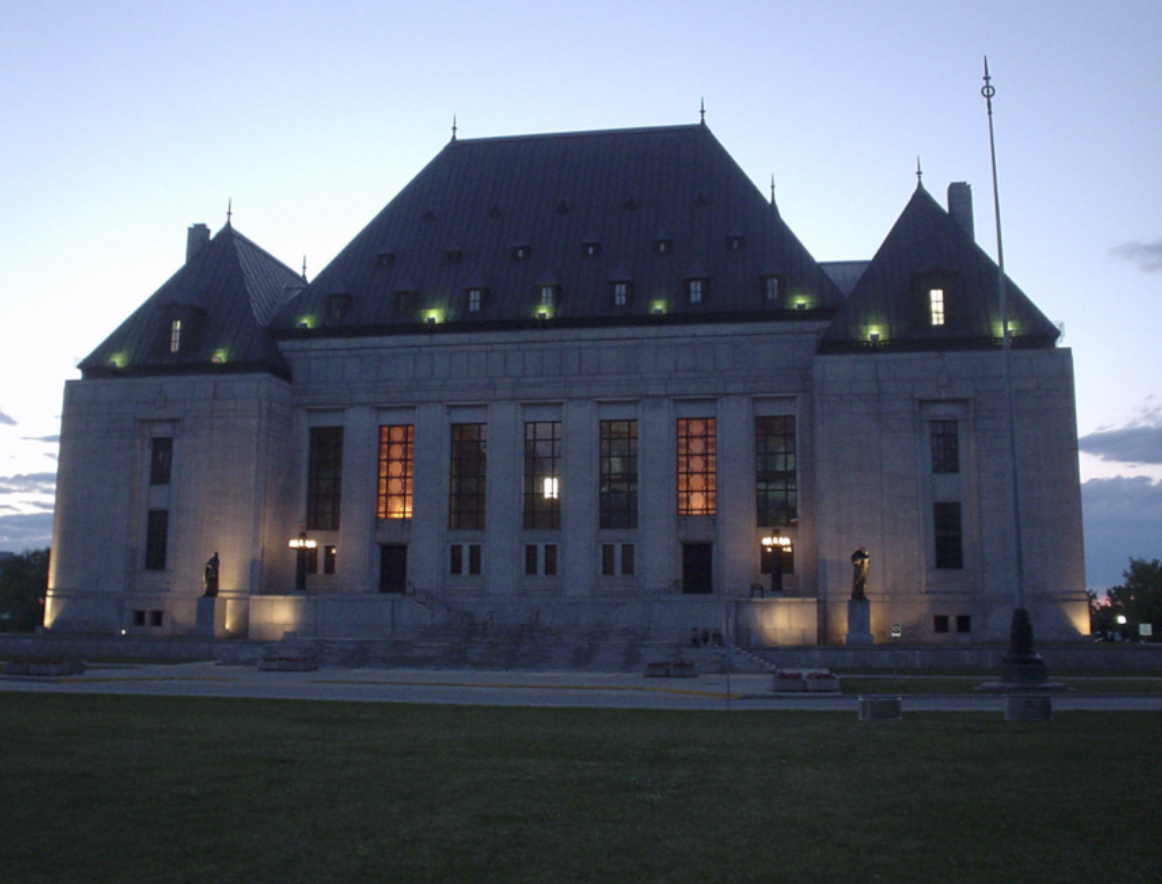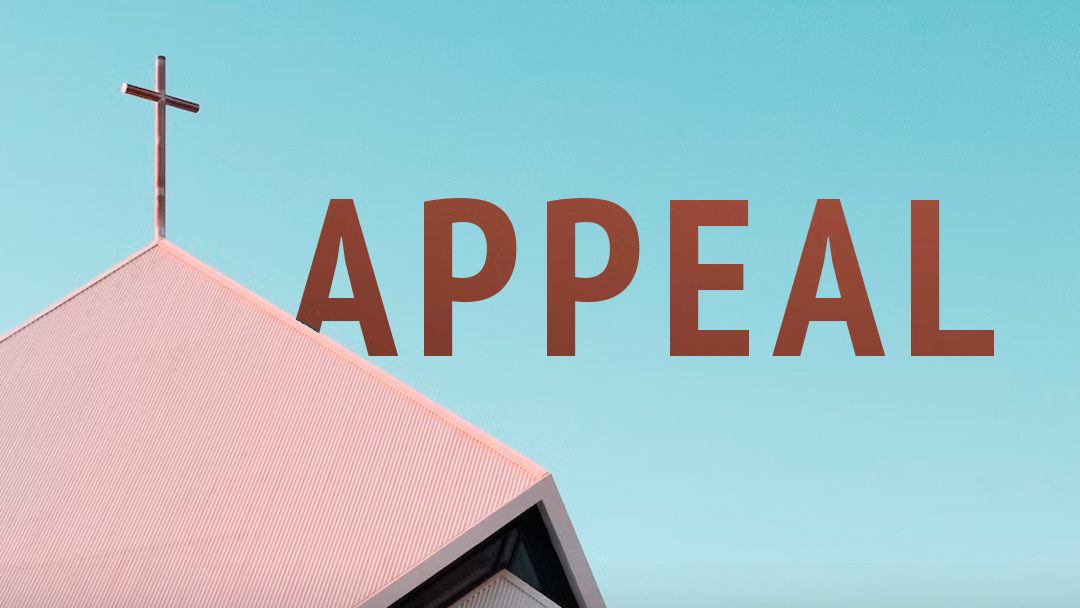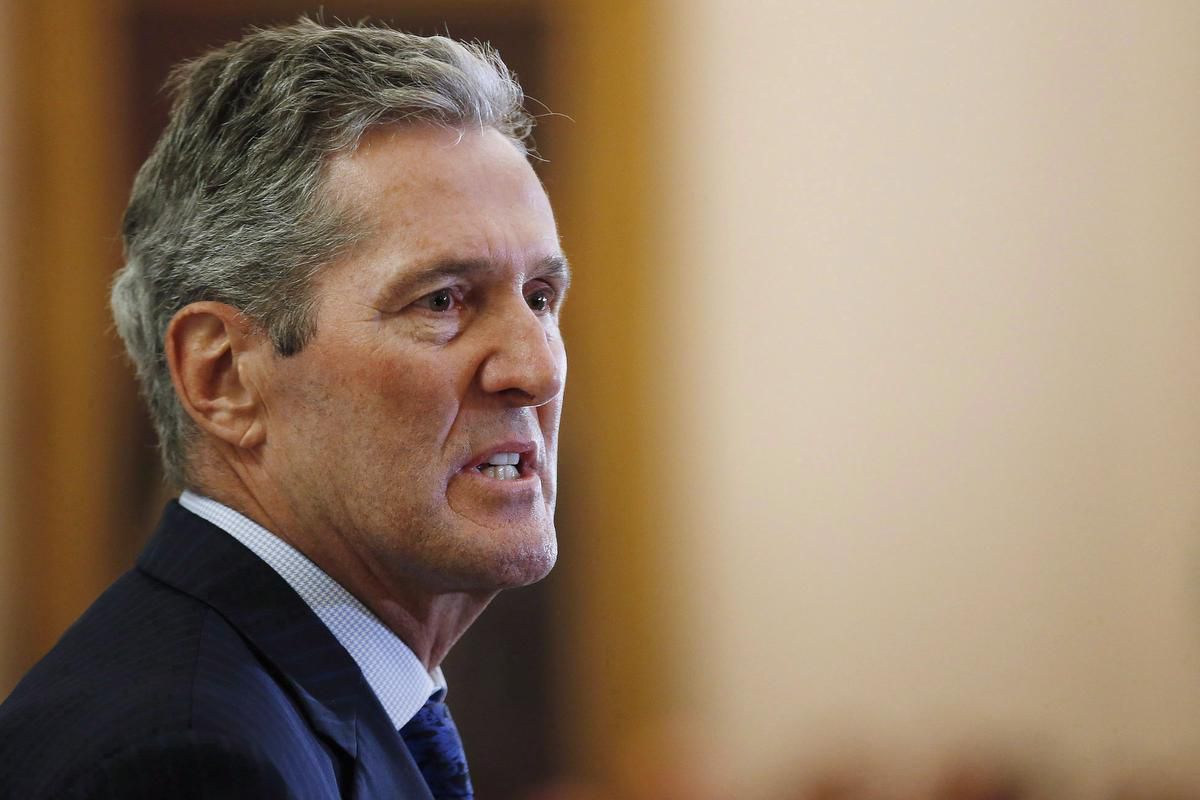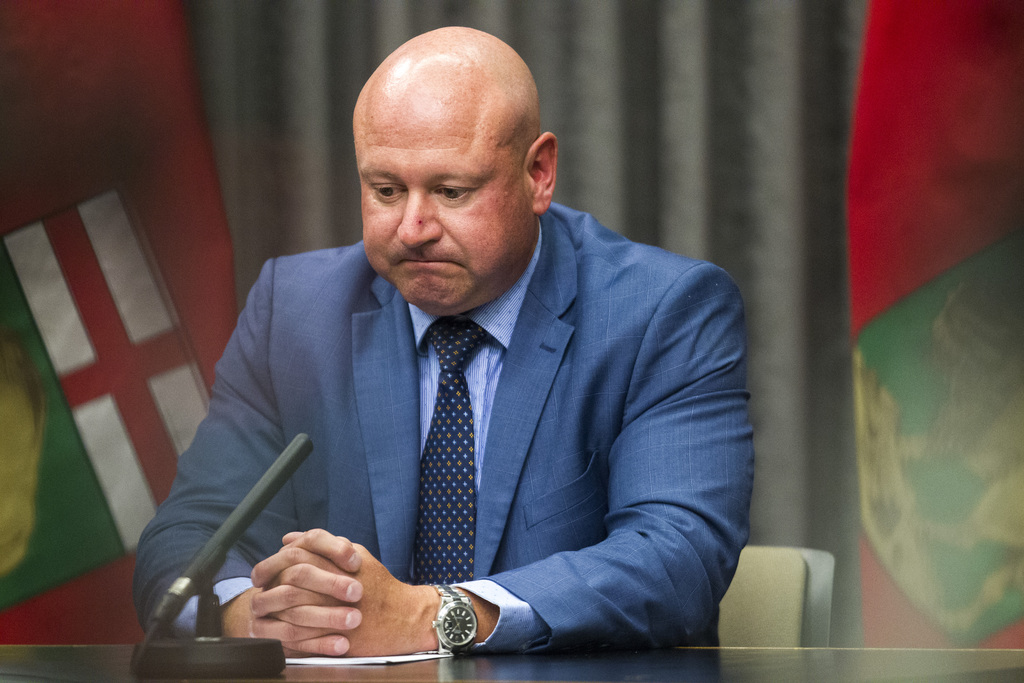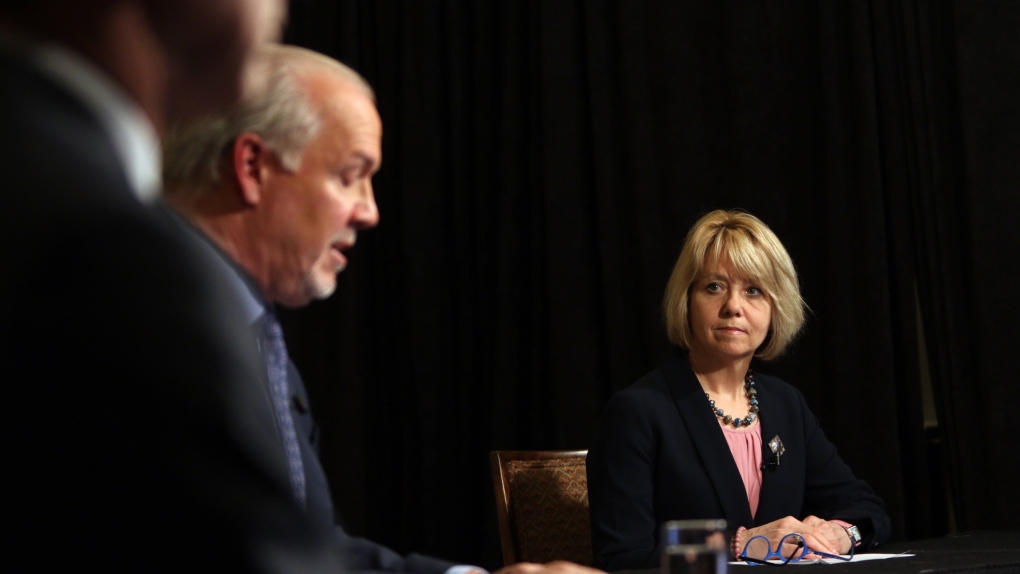Manitoba churches challenge public health orders violating Charter freedoms
On December 17, 2020, Justice Centre lawyers filed a constitutional challenge against Manitoba’s Public Health Act and Orders made by Manitoba’s Chief Public Health Officer, Dr. Brent Roussin, to end the violation of Manitobans’ Charter freedoms.
Justice Centre lawyers represented seven churches, Gateway Bible Baptist Church, Pembina Valley Baptist Church, Redeeming Grace Bible Church, Grace Covenant Church, Slavic Baptist Church, Christian Church of Morden, Bible Baptist Church, a minister, a deacon, the owners of a restaurant in Winkler, Manitoba, and an individual fined for exercising his Charter rights to peacefully protest at a rally in Steinbach, Manitoba.
Lawsuit challenges Manitoba lockdowns, Charter violations, and PCR testing
In that lawsuit, Justice Centre lawyers argued that Orders under The Public Health Act of Manitoba were beyond the authority of Manitoba; law-making is the exclusive jurisdiction of the Legislature. The lawsuit also stated that Manitoba’s lockdown measures were not justified violations of the Charter-protected freedoms of conscience, religion, expression, and peaceful assembly. The lawsuit also contended that the Government of Manitoba and Dr. Roussin failed to consider the collateral social and health costs of locking down society.
The lawsuit claimed that the PCR Test – the tool used to diagnose Covid in Manitoba – produces unreliable and misleading data and that Manitoba and Dr. Roussin knew or ought to have known this.
The Justice Centre had been inundated with hundreds of emails from people in Manitoba who were being financially ruined by lockdowns, suffering harm to mental health, losing their businesses, unable to see their elderly parents, and being denied critical healthcare for conditions other than Covid. The government had told stores what they can sell and restricted the sale of items deemed Dr. Roussin as “non-essential,” such as books, makeup, toys, and other everyday products.
Dr. Roussin had stated that only household members would be allowed indoors or outdoors on Manitobans’ own properties. “So, you couldn’t have people over that are not household members in your garage, you couldn’t have them in the back for a fire,” he told CTV news on December 9, 2020. On December 8, 2021, the Manitoba government announced it had extended restrictions until January 8, 2021, effectively cancelling any gatherings with extended family over Christmas.
“Locking down the majority of a healthy society is not necessary to protect those most at risk from Covid. The lockdowns are devastating society on multiple socio-economic and constitutional levels, and harming the well-being of citizens,” stated lawyer Allison Pejovic.
“Politicians have not put forward any persuasive evidence that lockdowns have actually saved lives. At the same time, there is no question that lockdowns have caused grave harm to millions of Canadians suffering unemployment, poverty, cancelled surgeries, suicides, isolation and the loss of their liberty,” stated Ms. Pejovic.
“The scale of the government’s infringement on Canadians’ Charter-protected rights and freedoms as a result of Manitoba’s response to Covid is unprecedented,” continues Ms. Pejovic, “It is past time that the constitutionality of these restrictions and prohibitions are adjudicated by a fair and impartial court that looks at facts and evidence.”
The full hearing on the constitutional issues was heard in June 2021.
Court upholds Manitoba lockdowns, citing Charter justifications and public health expertise
On October 21, 2021, Chief Justice Joyal of Manitoba Court of Queen’s Bench released his decision, upholding lockdown policies. The first decision held that the authority given to Chief Provincial Public Health Officer Dr. Brent Roussin was constitutional. The second decision held that the Manitoba Government’s lockdown restrictions were justified in their violations of the Charter freedoms of conscience, religion, expression and peaceful assembly. Chief Justice Joyal also found that there had been no unconstitutional violations of the Charter rights to liberty, security of the person, and that there was no violation of equality rights.
At paragraph 292 of the decision by Chief Justice Joyal, he stated, “In the context of this deadly and unprecedented pandemic, I have determined that this is most certainly a case where a margin of appreciation can be afforded to those making decisions quickly and in real time for the benefit of the public good and safety.”
He added, “…determination of whether any limits on rights are constitutionally defensible is a determination that should be guided not only by the rigours of the existing legal tests, but as well, by a requisite judicial humility that comes from acknowledging that courts do not have the specialized expertise to casually second guess the decisions of public health officials…”
The province did not produce any evidence that Covid spreads outdoors, or that outdoor gatherings were risky activities.
That hearing did produce, however, a significant admission from a government expert witness, Chief Microbiologist and Laboratory Specialist Dr. Jared Bullard, who, under questioning from Justice Centre lawyers, admitted that 56 percent of positive Covid cases were not infectious. The hearing was also notable for the expert report and testimony of world-renowned Stanford Professor and epidemiologist Dr. Jay Bhattacharya, co-author of The Great Barrington Declaration.
Supreme Court declines appeal despite constitutional questions of national importance
On May 24, 2022, Justice Centre lawyers filed an appeal of the October 2021 decision. On June 19, 2023, however, the Justice Centre was disappointed to learn that the appeal had been dismissed. The Court found no errors in the decision of Chief Justice Joyal.
On September 18, 2023, the Justice Centre announced that lawyers acting on behalf of five Manitoba churches, a minister, a deacon, and a protester, had filed an application with the Supreme Court of Canada in order to argue the national importance of the constitutionality of church closures and restrictions on outdoor gatherings.
They argued that the case raised issues of national importance that warranted the Supreme Court of Canada to hear the case.
Following the filing, Lawyer Allison Pejovic stated, “We hope that the Supreme Court of Canada agrees that constitutional issues surrounding closing churches and curbing outdoor protests during a pandemic are worth the Court’s attention and adjudication. Canadians would like to understand whether the Charter’s protections can be easily cast aside during a pandemic, while non-Charter-protected activities with an economic interest remain open and operational.”
We were disappointed that the Supreme Court of Canada decided not to hear the appeal of the challenge to Manitoba’s lockdown restrictions. The decision was announced on Thursday, March 14, 2024.
Allison Pejovic, lawyer for the Applicants, stated, “Our clients are disappointed in the Supreme Court’s decision not to hear their appeal. It was past time to have a conversation with Canada’s highest court about whether Charter-protected rights such as rights to worship and assemble ought to be prioritized over economic interests, such as ensuring that the Winnipeg Jets could practice indoors and that movie productions could continue. It was also critical to hear from the Court on the importance of respecting the Charter during a declared ’emergency’. Governments urgently needed the Supreme Court of Canada’s guidance as to the degree to which they should accommodate Charter rights during a future pandemic or other emergency proclaimed by government. Leaving that issue undecided at the highest level is a grave injustice for all Canadians.”

